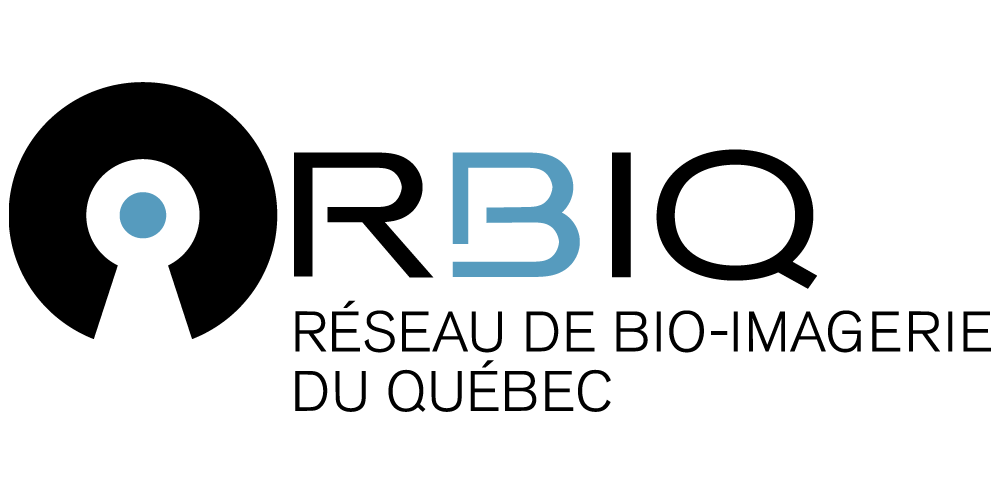Par Sivaniya Subramaniapillai / 2021-02-09
Cet article est en anglais
With the COVID-19 pandemic persisting for close to a year now, our daily routines and habits have changed dramatically. Those of us working from home have only a short commute from our beds to our desks, which may be convenient, but also reduces our exposure to different environments and blurs boundaries between work and leisure. Those who have lost their jobs or are shouldering childcare responsibilities on top of their work are facing numerous other challenges and changes to their lives, all of which may have lasting consequences. Most obviously, the change in routine due to public health restrictions has resulted in the visible dwindling of our social interactions. Could it be that the pandemic-related shift in our normal routines is also fundamentally changing the way we think and behave as human beings? It might be too early to tell but it’s definitely an interesting question to speculate about.
Understanding and measuring how the pandemic is changing our behaviour is difficult because it has impacted so many different domains of our lives. Not to mention, we are still in the thick of it, so we won’t know the lasting effects of the pandemic on human behaviour until it is long over. However, one can imagine possible effects on development, cognition, and socialization; domains that also interact with each other. What seems to weave many of these themes together is the need for novel experiences that allow us to learn about the world around us, whether it be meeting new people, developing friendships, or discovering new environments. All of these things are likely to affect us both emotionally and cognitively and are particularly important to consider in children, who are still learning social skills and how to navigate the world.

